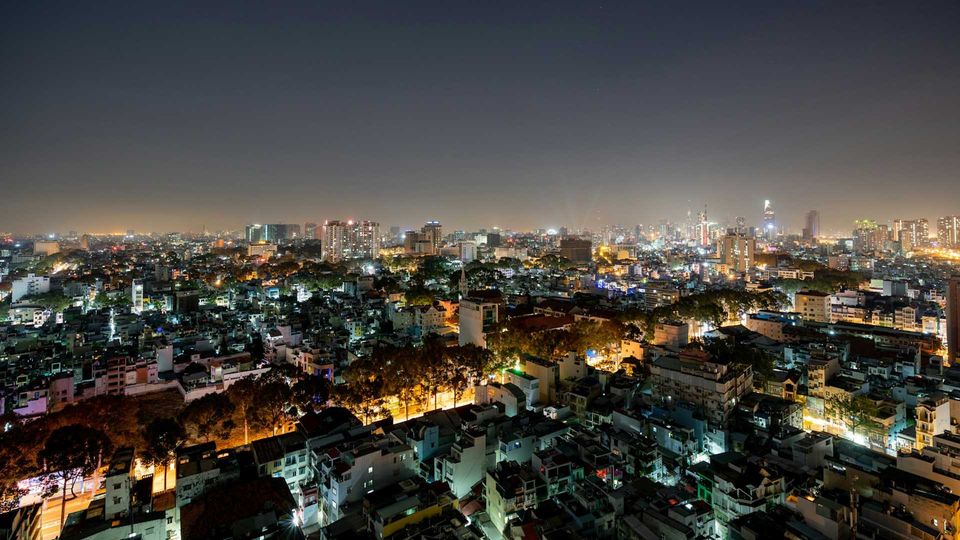People living in areas with higher levels of nighttime light pollution may face an increased risk of developing Alzheimer’s disease, especially those in middle age, according to a new study.
The research suggests that exposure to nighttime light is a more significant risk factor for Alzheimer’s in people aged 65 and older compared to other known factors such as alcohol abuse, kidney disease, depression, and obesity.
However, the study reveals that light pollution poses an even greater risk to individuals under the age of 65. In this age group, high nighttime light exposure was identified as the leading risk factor for early-onset Alzheimer’s.
Lead researcher Robin Voigt-Zuwala, an associate professor at Rush University Medical Center in Chicago, stated, “We show that in the U.S. there is a positive association between Alzheimer’s disease prevalence and exposure to light at night, particularly in those under the age of 65.”
Voigt-Zuwala also noted that “nightly light pollution—a modifiable environmental factor—may be an important risk factor for Alzheimer’s disease,” in a university press release.
The researchers examined light pollution maps from the 48 continental U.S. states and compared them to national data on Alzheimer’s disease incidence, as well as other known risk factors for the condition.

For seniors, while light pollution is a risk factor, it is not as influential as factors like diabetes, high blood pressure, and stroke. However, for those younger than 65, no other risk factor outweighed the impact of light pollution.
The study suggests that younger people may be more sensitive to the effects of nighttime light exposure, though the exact reasons are unclear.
Voigt-Zuwala theorized that genetics linked to early-onset Alzheimer’s may influence how individuals respond to biological stressors, potentially increasing vulnerability to light exposure at night.
Additionally, younger individuals are more likely to reside in urban areas and maintain lifestyles that lead to greater exposure to artificial light.
Given these findings, the researchers recommend that people take steps to reduce their exposure to bright lights at night. Voigt-Zuwala advised, “Simple changes like using blackout curtains or wearing eye masks while sleeping can be helpful, especially for those living in areas with high light pollution.”
The researchers also highlighted the importance of limiting indoor light exposure, particularly blue light, which can interfere with sleep. Installing dimmers in the home is another practical step people can take to mitigate the potential risks.
